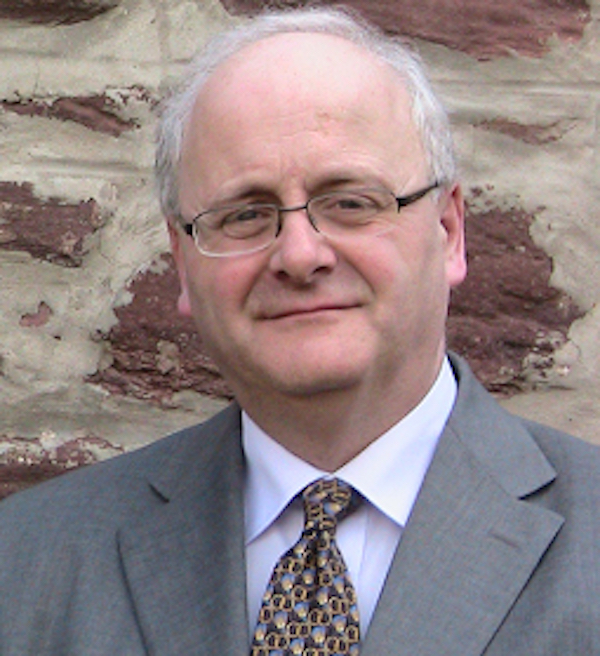The second piece in our series on Remembering John Webster is by my friend Matt Crutchmer.
One of the more treasured bits of inheritance I’ve received is my mother’s old Book of Common Prayer, given and inscribed to her “Whitsunday, 1964” at age 12. A prayer for “Visitation of the Sick”:
O LORD, look down from heaven, behold, visit, and relieve this thy servant. Look upon him with the eyes of thy mercy, give him comfort and sure confidence in thee, defend him from the danger of the enemy, and keep him in perpetual peace and safety; through Jesus Christ our Lord. Amen.
The density, clarity, peace, and even rhythm of this prayer from Archbishop Cranmer combine to teach and comfort both hearer and speaker. It is these same traits that the theology of John Webster exhibited, and is why you should read his work.
Login to read more
Sign in or create a free account to access Subscriber-only content.
Topics:
